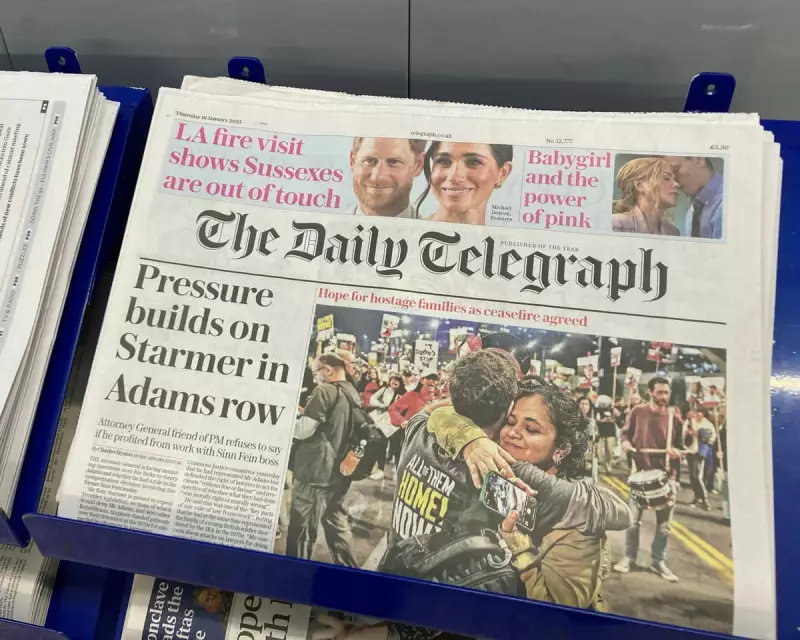
The proposed acquisition of The Telegraph has hit turbulent waters as the leading bidder, RedBird IFC, faces allegations of potentially compromising the newspaper's editorial independence during negotiations.
Media regulator Ofcom has been formally notified about concerns that representatives from the Abu Dhabi-backed investment vehicle may have attempted to influence the future editorial direction of the prestigious publication. This development threatens to derail one of the most significant media deals in recent British history.
The Independence Safeguards
At the heart of the controversy are legally binding arrangements designed to protect The Telegraph's editorial integrity. These measures were established to prevent any external influence over the newspaper's content and maintain its traditional editorial stance.
According to sources familiar with the matter, the potential breach occurred during discussions about the newspaper's future operations, raising alarm bells about the bidder's commitment to maintaining the publication's independence.
Regulatory Response
Ofcom, alongside the Department for Culture, Media and Sport, is now examining whether the alleged communications constitute a violation of the strict rules governing media takeovers. The regulator has the authority to recommend blocking the deal if it determines the breach undermines the publication's independence.
The situation presents a significant challenge for Lloyds Banking Group, which has been seeking to recover approximately £1 billion in debts from the previous owners, the Barclay family.
Broader Implications
This development comes amid growing political scrutiny of foreign investment in British media assets, particularly those with significant influence on public opinion. The Telegraph, with its substantial readership and political clout, represents a particularly sensitive acquisition.
The investigation's outcome could set important precedents for how media ownership rules are enforced in an era of increasing international investment in UK media assets.
As the regulatory process unfolds, all parties involved await a determination that could reshape the future of one of Britain's most influential newspapers and define the boundaries of acceptable conduct in media acquisitions.





